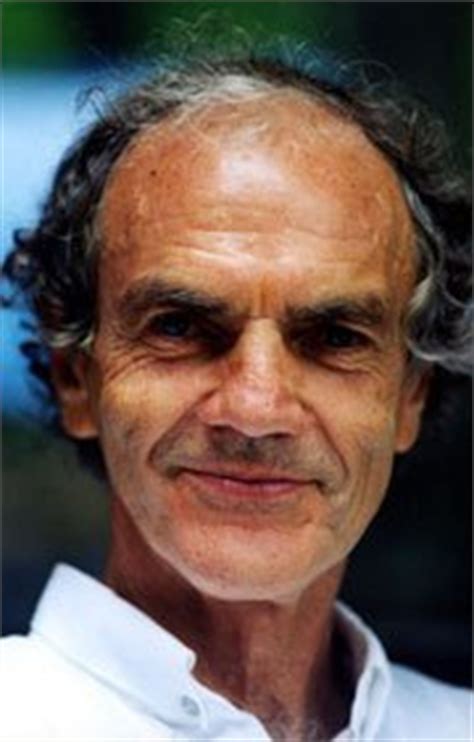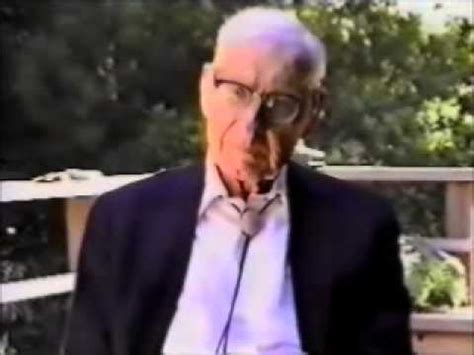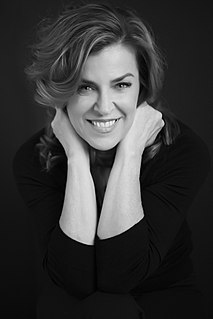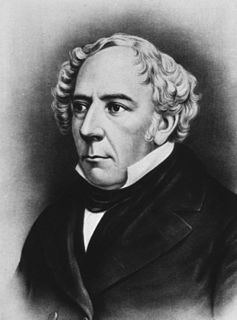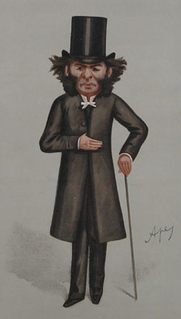A Quote by David Bohm
But you don't decide what to do with the info. Thought runs you. Thought, however, gives false info that you are running it, that you are the one who controls thought. Whereas actually thought is the one which controls each one of us.
Related Quotes
Thought as such… is an act of negation, of resistance to that which is forced upon it; this is what thought has inherited from its archetype, the relation between labor and material. Today, when ideologues tend more than ever to encourage thought to be positive, they cleverly note that positivity runs precisely counter to thought, and that it takes friendly persuasion by social authority to accustom thought to positivity.
Let us record the atoms as they fall upon the mind in the order in which they fall, let us trace the pattern, however disconnected and incoherent in appearance, which each sight or incident scores upon the consciousness. Let us not take it for granted that life exists more fully in what is commonly thought big than in what is commonly thought small.
When I got home from hospital, and I was in a wheelchair in a plaster body cast, an aeroplane flew over. And I thought to myself, 'Well, if I can't walk, then I might as well fly.' And I was lifted into the aeroplane for the first time. And when I took the controls of the aeroplane, I knew this was something I could do. I thought, 'I can fly.'
Their thought is India is a beehive (Madhumakhi Ka Chhata) but our thought is India is our Mother (Maata). Their thought is poverty is a state of mind, our thought is that the poor are manifestation of Almighty. Their thought is to divide and rule, our thought is to integrate and do development. Their soch is Vanshvaad, our soch is Rashtravaad. They say Rajneeti is everything, we say Rashtraneeti is everything. Your thought is to save the chair, our thought is to save the nation.
Thought is not what inhabits a certain conduct and gives it its meaning; rather, it is what allows one to step back from this way of acting or reacting, to present it to oneself as an object of thought and to question it as to its meaning, its conditions, and its goals. Thought is freedom in relation to what one does, the motion by which one detaches from it, establishes it as an object, and reflects on it as a problem.


